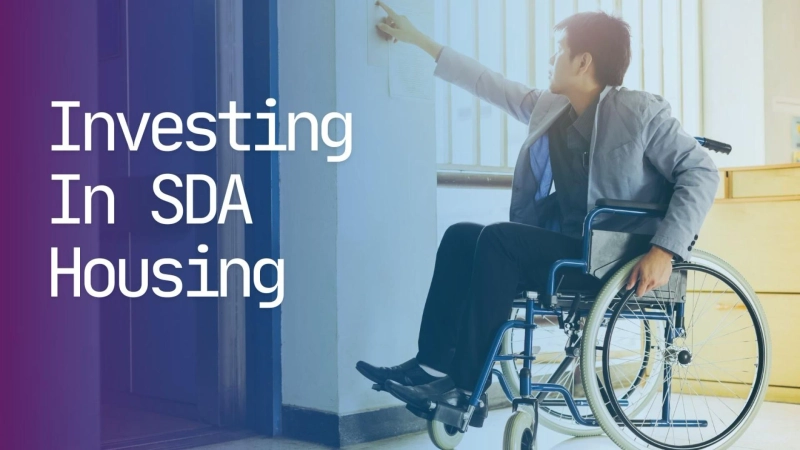Introduction:
Investing in Specialist Disability Accommodation (SDA) housing offers a unique opportunity for investors. However, before embarking on this investment journey, it\'s crucial to have a comprehensive understanding of the costs involved. In this blog, we will take a closer look at the various costs associated with investing in SDA housing. By understanding these costs, investors can make informed decisions and ensure the financial viability of their investment.
Acquisition Costs:
- Property Purchase: The first significant cost in SDA housing investments is the purchase of the property itself. The property\'s cost will vary depending on factors such as location, size, and condition. It\'s essential to conduct thorough market research and engage with real estate professionals to ensure a fair purchase price.
- Building Modifications: SDA properties require specific modifications to accommodate the needs of people with disabilities. These modifications can range from installing wheelchair ramps and wider doorways to specialized bathroom and kitchen features. The cost of these modifications should be factored into the total acquisition costs.
Ongoing Costs:
- Property Management: Engaging a property management company is crucial for the smooth operation of an SDA investment. Property management fees typically range from 5% to 10% of the rental income. These fees cover services such as tenant sourcing, rent collection, property maintenance, and compliance with regulations.
- Insurance: Adequate insurance coverage is essential to protect the investment property. SDA properties may require specialized insurance due to their unique nature. Investors should consult with insurance providers to ensure they have the appropriate coverage against property damage, liability, and loss of rental income.
- Maintenance and Repairs: As with any property investment, maintenance and repair costs are inevitable. SDA properties may require additional maintenance due to the specialized features they offer. Budgeting for regular maintenance and unexpected repairs is essential to ensure the property remains in optimal condition.
- Property Taxes: Investors must consider the property tax obligations associated with their SDA investment. These taxes may include land tax, council rates, and other local government charges. It\'s advisable to consult with tax professionals to understand the tax implications and ensure compliance.
- Financing Costs: If financing is required for the SDA investment, investors should consider the associated costs such as loan interest, application fees, and ongoing loan management fees. It\'s important to compare different financing options to secure the most favorable terms.
- Compliance Costs: SDA properties must meet specific compliance standards outlined by the National Disability Insurance Scheme (NDIS). Compliance costs may include certification fees, audits, and ongoing compliance monitoring. Investors should budget for these costs to ensure adherence to regulations.
Conclusion:
Investing in SDA housing offers a unique opportunity to make a positive impact while generating financial returns. From property acquisition costs to ongoing expenses such as property management, insurance, maintenance, and compliance, investors must carefully consider and budget for these costs. By conducting thorough research, consulting with professionals, and developing a sound financial plan, investors can ensure the long-term financial viability of their SDA housing investment. Take the time to understand the costs involved, and embark on your SDA investment journey with confidence.



